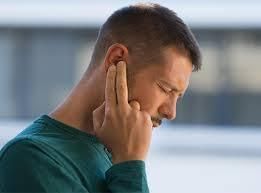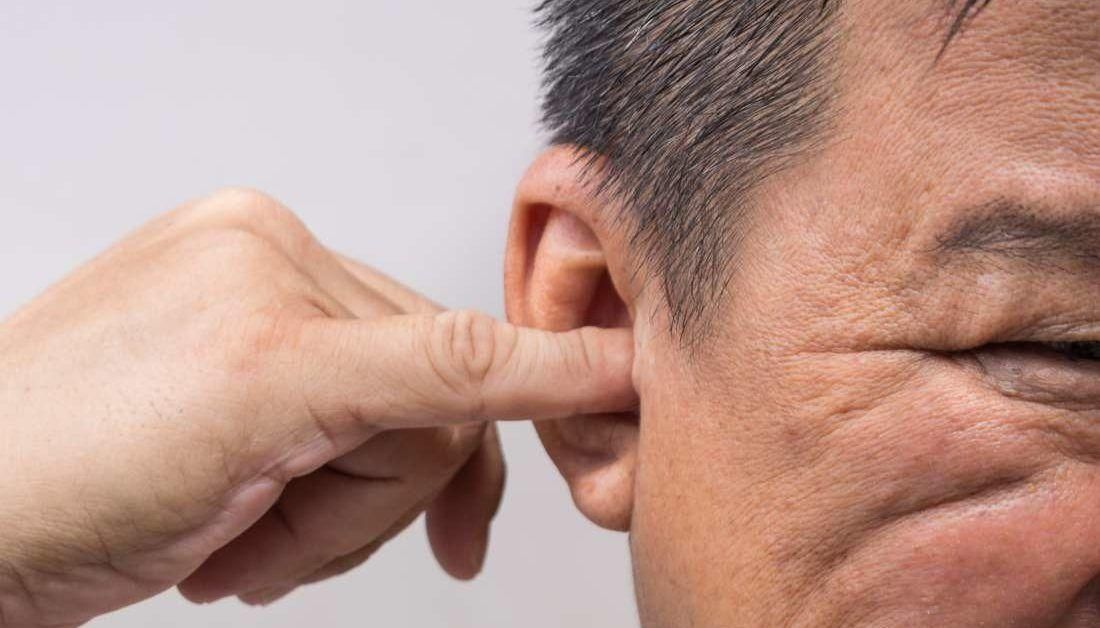How to Enjoy Movies When You Are Hard of Hearing
Everyone enjoys a good movie, but it might not be easy to get equal access to the most recent releases, favourite series, or most-discussed internet videos if you're hard of hearing. Luckily, even hard-of-hearing people can now enjoy the audio section of a video, movie, or TV programme thanks to the inclusion of captions or subtitles.
Captions and Their Types
Captions are words and sentences that describe the audio or sound section of a programme or video. They can appear on a television, mobile device, computer, or movie screen. There are two caption types; "open" and "closed."
Open Captions
Open captions are impossible to turn off because they are constantly visible along with the video. Some people support open captioning advocates in all video content since captioning provides universal design benefits, even if the viewers aren't hard of hearing.
Closed Captions
Unlike open captioning, the viewer can choose to have closed captioning on or off. When you deliver video goods with closed captions, it's up to the user to figure out how to enable them–whether through the TV's set-top box or the media viewer app.
The Problem with Current Subtitling or Captioning Method
Caption availability is a definite improvement from the olden days when hard-of-hearing people had no way of enjoying movies or TV programs. That said, even modern captioning methods are still rather impractical.
Cinema
Captioning is rarely accessible in cinemas. Even if it does, it won't be on weekends or evenings, when most moviegoers are out. To get around this problem, you'll have to rely on closed captioning (CC) add-ons like Captiview, which is often unreliable. Captiview necessitates concentrating on two things at once: the little captioning display unit and the movie screen.
Fortunately, there are other captioning devices, such as the Smart Caption Glasses, that many people consider superior to Captiview. Additionally, there is a rising push to expand the availability of open-captioned (OC) film screenings for hard-of-hearing viewers.
TV
You can often transmit audio directly from your TV to your hearing aid. As a result, you'll be able to watch TV at a volume that suits you. Furthermore, soundbar speakers and wireless headphones are becoming popular options to improve dialogue quality.
Online videos
While Netflix and Hulu caption all their videos, captioning on Youtube and news websites are often inconsistent and inaccurate. Many internet videos are still without subtitles, or creators and distributors rely on automatic captions, which is far from ideal.
Captioning technology advancements are undoubtedly beneficial, but actual change will only come when we reform the mentality and create a society that values accessibility for all. We have so many options here at Ealing Hearing Centre, to help you hear better. Get in touch with Sid, Sukhina and the team today.



